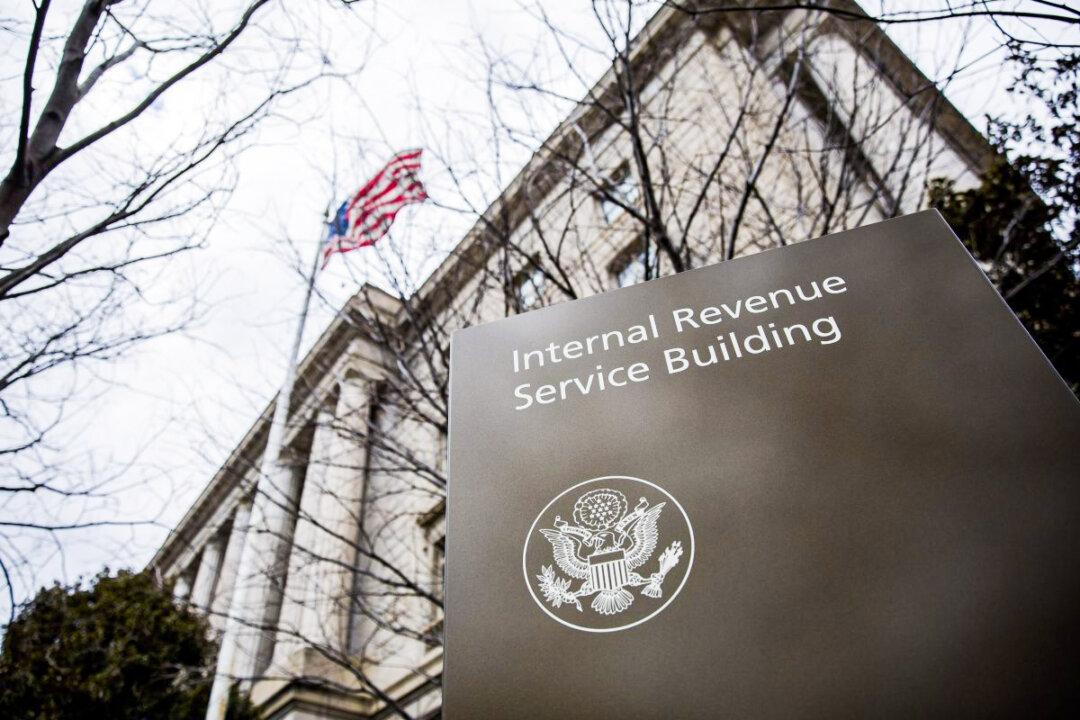The tax season of 2022 has been quite chaotic for the Internal Revenue Service due the significant challenges, including staffing shortages and backlogs of tax returns.
Because of the pandemic, the IRS faced an unprecedented amount of work during the 2021 filing season. The agency started this year with a backlog of more than 8.4 million unprocessed individual tax returns and transactions, according to a preliminary report by the Treasury Inspector General for Tax Administration.





